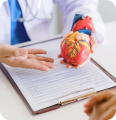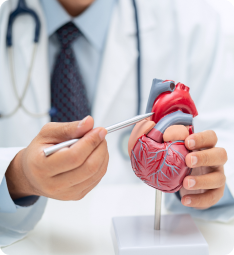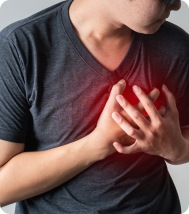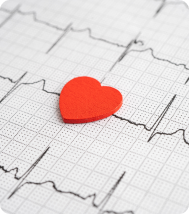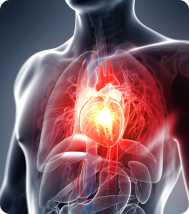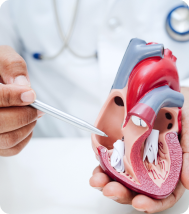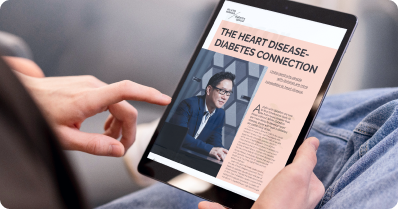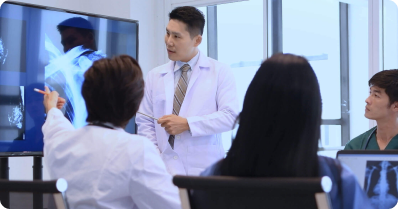An electrocardiogram (ECG or EKG) is a non-invasive and pain-free test that requires no downtime. Hence, patients can resume their normal activities immediately after the test. Various types of ECG tests are available to diagnose and monitor heart conditions. Here is what you can expect during the ECG procedure.
Resting ECG
A resting electrocardiogram is performed while the patient rests. It is useful for detecting arrhythmias, myocardial infarctions, and other cardiac issues. During the test, the patient will be asked to lie down and relax while technicians attach electrodes to their chest, arms, and legs (some areas might be shaved for better contact). These electrodes connect to an ECG machine that records the heart's electrical activity for a few minutes. It is essential to stay still and refrain from talking to prevent any interference with the results. Once done, the electrodes are removed, and any remaining gel is wiped off.
Exercise ECG (Stress Test)
This type of ECG test records the heart's electrical activity during physical activities. It helps identify problems like exercise-induced arrhythmias or ischemia that may not be apparent at rest.
To prepare for the stress test, the patient will be advised to avoid food and caffeinated drinks for three hours beforehand. In some cases, the cardiologist may also advise to temporarily stop certain medications that could affect the results.
During the test, the patient exercises on a treadmill or stationary bike while an ECG monitors their heart rate. After the exercise, they will be asked to stand still briefly and then lie down as the doctor monitors the patient’s heart rate and breathing as they recover. The entire procedure typically takes about an hour.
Holter Monitor (Ambulatory ECG or EKG)
This test uses a portable device worn for 24 to 48 hours to continuously record the heart's activity. An ambulatory ECG is useful for detecting irregularities over an extended period that might be missed during a shorter test.
While wearing the Holter monitor, the patient will be asked to stick to their normal routine, but avoid strenuous exercise or heavy lifting. Bathing, swimming, and showering are also prohibited during the 24- or 48-hour period. To help analyse the recordings, the patient will be asked to keep a diary of their activities and record any heart symptoms like chest pain or palpitations.


